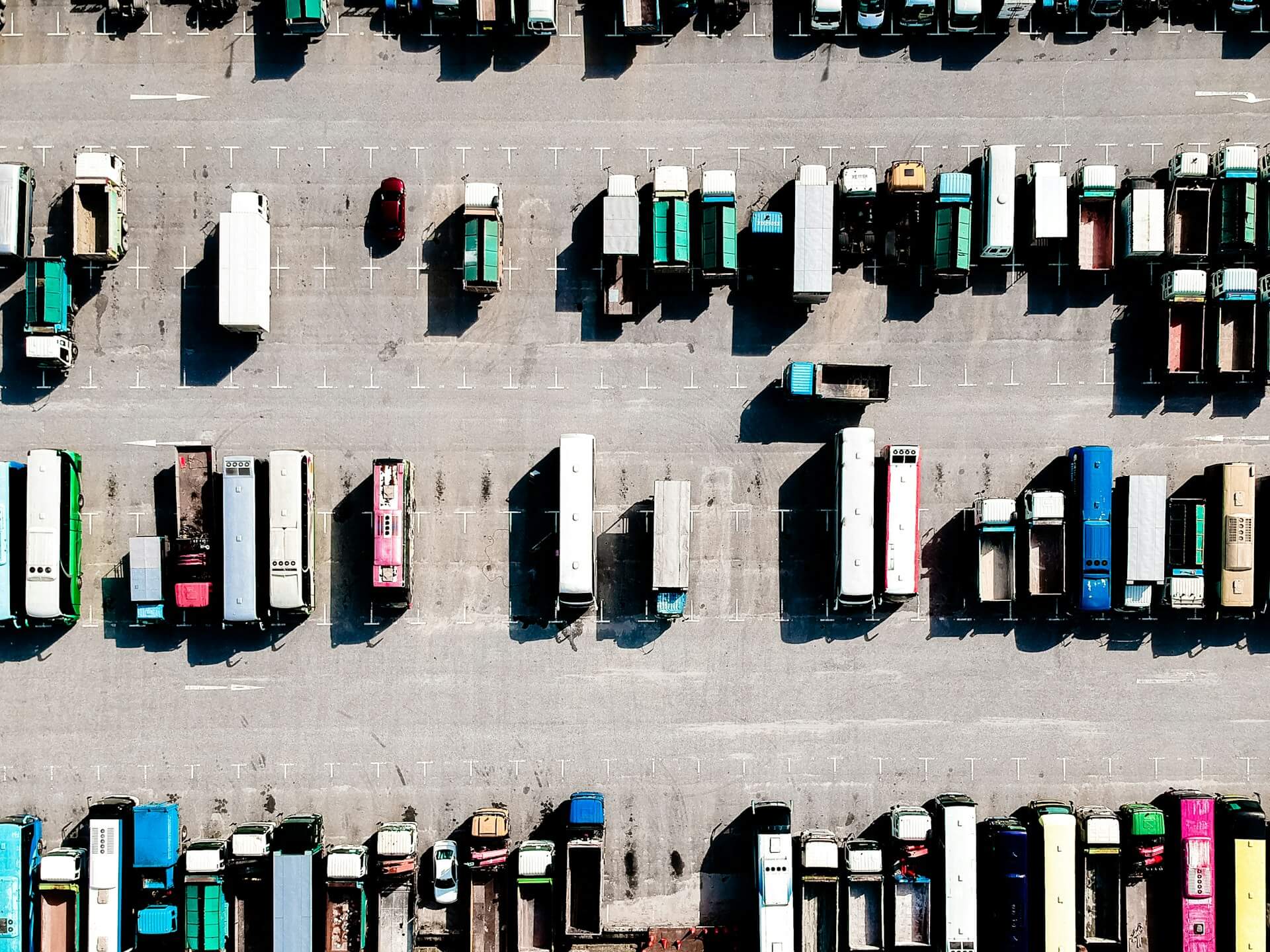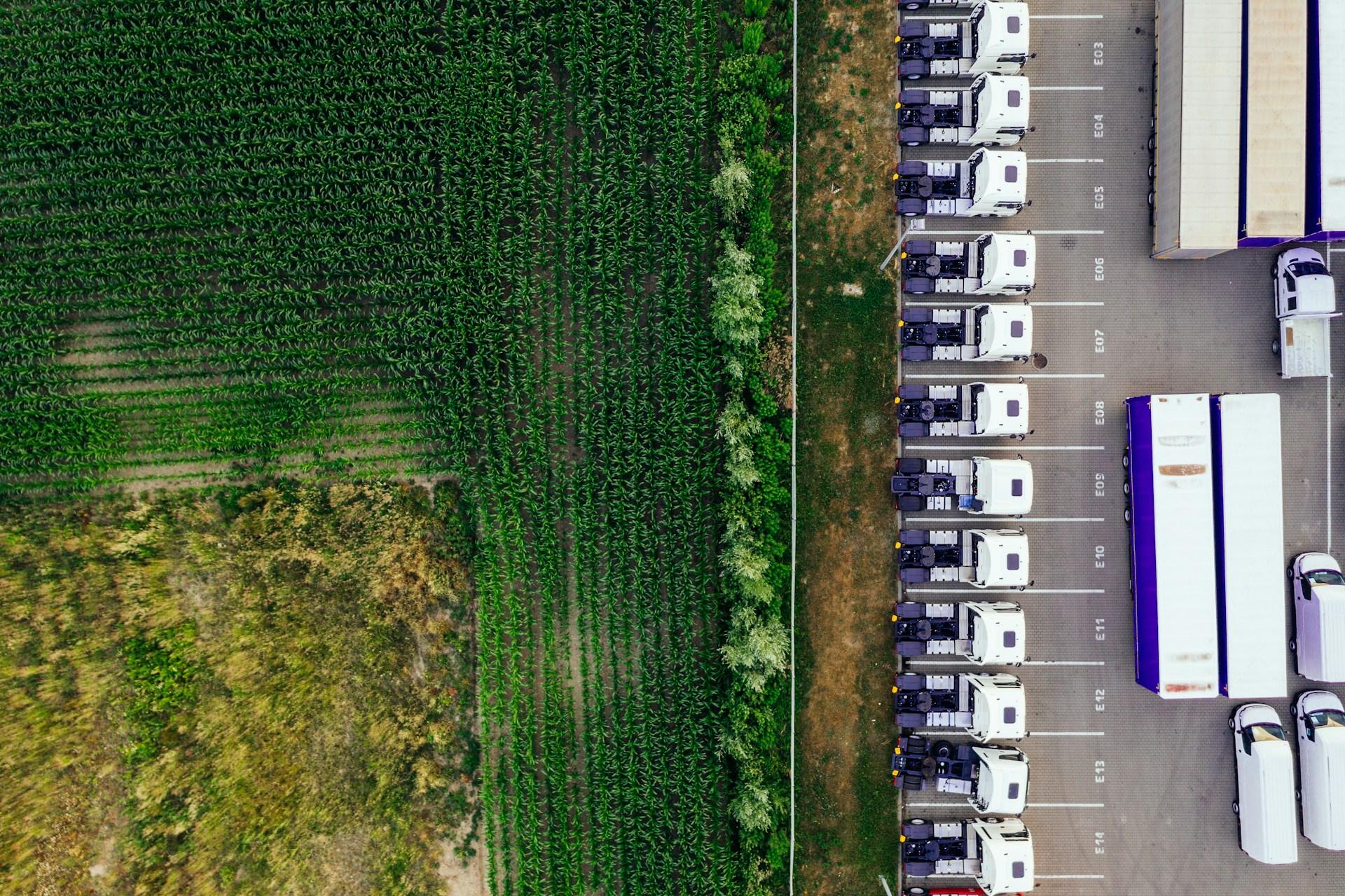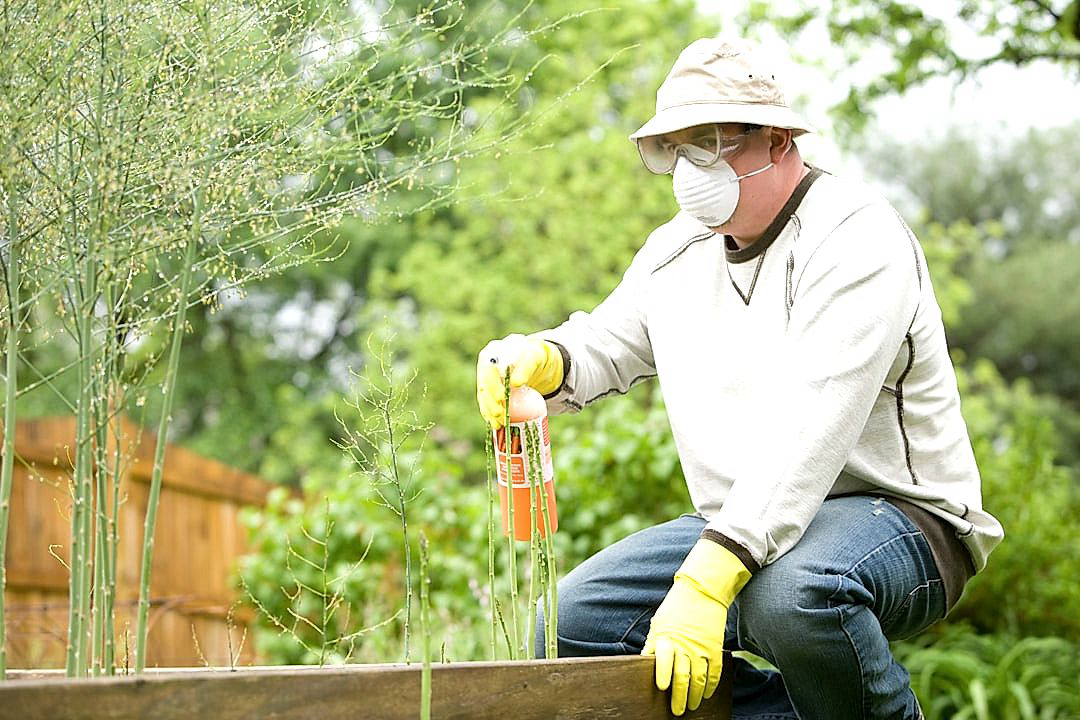Incurring a loss in the process of moving perishable commodities from the farm to the consumer’s table can prove a significant risk to businesses involved in produce shipping.
Understanding typical insurance claims within this sector is thus a vital part of risk management and financial planning.
This knowledge not only empowers companies to implement necessary preventive measures but also aids in making informed decisions about insurance coverage.
This article will delve into the most frequently encountered insurance claims in the industry.
It shields light on the prevalent issues and provides context on how best to navigate them.
It is an indulgence into the world of produce shipping with its share of inherent challenges and epidemics.
Common Insurance Claims In Produce Shipping
1. Damages from Improper Handling or Loading
One of the most common insurance claims within the produce shipping industry is related to damages that occur due to improper handling or loading of cargo.
These damages generally take place when the cargo is being loaded onto or unloaded from the transportation vehicle, whether it’s a truck, a ship or a plane.
Improper handling can lead to tipping, dropping, or even crushing the produce, resulting in significant financial losses.
In such cases, the improper handling of cargo generally results in significant damages, leading the business to rely on insurance claims to cover those losses.
This also includes instances where the cargo is not correctly secured and moves during transit, causing damage to the produce.
To prevent these damages, it is essential to train personnel on appropriate handling and loading techniques.
Training and supervision can significantly decrease the risk of any damages from improper handling.
Even with precautions, however, accidents can still happen, and that’s when the role of insurance becomes critical.
The insurance provider steps in to cover the damages and protect the business from substantial financial loss.
When it comes to the insurance claim process, it’s necessary to provide adequate evidence of the damages and their cause.
A documentation of the incident, including photographs of damaged cargo and an explicit report about the event, becomes crucial for validation of the insurance claim.
It’s also beneficial to have any documents proving that correct loading and handling techniques were supposed to be followed.
Often, the success of the insurance claim relies heavily on the detailed presentation of the cause and extent of the damages.
Thus, it’s particularly important to document all details of any incidents related to improper handling or loading.
If a business can show that it took all necessary precautions and the damage still occurred, the insurer is likely to process the claim expeditiously.
Handling damages are a significant component of insurance claims in the produce shipping industry, which is why it’s crucial to have detailed protocols and trained personnel in place.
2. Missing or Stolen Produce Cargo
When dealing with produce shipping, one of the most pressing issues that can lead to an insurance claim is missing or stolen cargo.
This is a major concern that can not only adversely affect a company’s profitability, but also its credibility and customer relations.
The threat of produce theft is real and can happen at any point from source to final destination.
Losses due to theft can amount to significant financial burdens, especially for smaller companies or family-run businesses with smaller margins to absorb such losses.
There are many scenarios under which produce cargo: goes missing or gets stolen such as during the loading process, while in transit, or upon arrival at the destination.
The cargo can be stolen by individuals or organized crime groups who specialize in cargo theft.
Preventive measures taken by companies vary from investing in security systems at warehouses to hiring armed escorts for cargo in transit, particularly in areas known for high rates of cargo theft.
However, these precautions may not be enough to completely eliminate the risk of theft, hence the importance of comprehensive insurance coverage.
Insurance coverage for missing or stolen produce cargo is specifically designed to cover losses related to theft and unforeseen events leading to the disappearance of the goods.
Submitting an insurance claim involves providing proof of the event, including showing a bearing of loss and proof of the value of the stolen cargo.
This type of insurance is essential in produce shipping where goods are perishable, and delays due to theft can result in spoiled cargo, causing additional financial loss.
Claims for missing or stolen cargo are common in the produce shipping industry because the value of these goods often makes them a lucrative target for thieves.
To ensure maximum coverage and protection, it is advisable for businesses to work closely with their insurer to find a policy that fits their specific needs and risks.
Recognizing the importance of insurance in mitigating the potentially devastating impacts of such losses can lead to safer, more secure produce shipping practices.
The rise in technology has also brought about new ways to track and monitor cargo, making the identification and reporting of missing or stolen produce easier and faster.
Despite the challenges and risks, with adequate insurance coverage and risk management strategies, businesses can ensure protection and alleviation of losses due to missing or stolen produce cargo in the shipping process.
3. Cargo contamination or adulteration
One of the most aggravated issues encountered in produce shipping is the contamination or adulteration of cargo.
This problem arises when the fresh produce being transported comes in contact with harmful substances such as chemicals, toxins, or pests.
Often, this unpleasant situation arises due to improper cleaning of the transport containers or even due to cross-contamination from other cargo.
For instance, if a cargo space that previously transported chemical products was not thoroughly cleaned, it could lead to the contamination of the fresh produce in the subsequent shipment.
Insufficiently cleaned containers can end up causing significant damage by leaking hazardous substances into the fresh produce.
Similarly, if the fresh produce shares the same storage space with a cargo known to attract pests or rodents, it’s likely it gets contaminated.
Such kind of adulteration often results in the produce being uneatable or inedible, resulting in a certain economic loss for the shipper and the receiver.
Furthermore, produce contaminated in such a manner can have severe health implications for the end consumers, sometimes leading to foodborne diseases or other serious health issues.
In worst cases, delivering contaminated produce can also lead to legal complications, further escalating the financial loss.
Hence, the importance of cargo insurance in this context is very clear, as it provides a safety net for shippers against such incidents.
While contamination or adulteration can’t be completely eliminated, strict adherence to cleaning protocols and careful choice of cargo placement can significantly minimize the risk.
It’s also crucial to be proactive in regularly inspecting the storage spaces and maintaining the highest levels of cleanliness and hygiene.
Moreover, shippers should invest in comprehensive cargo insurance that adequately covers the risk of cargo contamination or adulteration.
Surely, the potential financial loss can be substantially mitigated if an appropriate insurance policy is in place to deal with such situations.
Therefore, cargo contamination or adulteration stands as a paramount concern in produce shipping and serves as a potent reminder of the importance of securing suitable cargo insurance.
4. Delays causing produce spoilage
In the realm of produce shipping in the insurance industry, delays that cause spoilage are a common reason for claims.
Transit delays can occur due to a variety of reasons, such as issues with the transport vehicle, roadway conditions, custom holds or even due to natural calamities.
When such delays occur, they can significantly impact the shelf life and quality of fresh produce.
It’s noteworthy to remember that fresh produce is highly perishable. When not delivered on time, the lifespan of these goods significantly reduces, leading to spoilage, and potentially significant financial losses.
Fruits and vegetables, in particular, are susceptible to spoilage due to delays.
They require specific temperature-controlled environments and when they remain in transit beyond the anticipated period, they are exposed to unfavourable conditions for extended durations.
This leads to accelerated deterioration of the produce, making them unfit for sale or consumption.
Another crucial aspect is that some types of produce are highly sensitive to ethylene gas, a natural hormone that fruits and vegetables emit.
Prolonged exposure to this gas due to transit delays can cause certain fruits and vegetables to ripen or degrade faster than usual.
Further, delays can also lead to a scenario where there is an oversupply in the market at the time the produce is finally delivered.
This can potentially cause a drop in the market price of the produce, leading to financial losses different from those related to spoilage.
Equally important is the fact that, in many jurisdictions, sellers can be held legally responsible for selling spoilt or contaminated produce, even if the spoilage happened due to transit delays.
Claims due to such delays can be substantial and can potentially impact a transportation company’s ability to operate in the market.
Most insurance policies covering produce shipping have clauses for delays that lead to produce spoilage, acknowledging the risk and commonality of this issue.
In conclusion, it’s essential for transport companies and those in the insurance industry to be cognizant of the issue of transit delays causing produce spoilage and to address it appropriately in their risk mitigation strategies and insurance coverages.
5. Incorrect Cargo Temperature Resulting in Damage
The temperature of the cargo plays a pivotal role when shipping produce.
Produce like vegetables and fruits are perishable goods, demanding specific temperature ranges for their transport.
Improperly set temperatures can lead to an accelerated ripening or wilting, rendering the produce unfit for consumption.
Preserving the freshness and quality of the cargo during transit is a gradual battle against natural decay.
Setting the incorrect temperature alters their shelf life adversely.
The liability for the damage incurred falls on the freight forwarder or the carrier.
They have the responsibility of maintaining the optimum temperature throughout the journey.
Failure to do so can lead to a significant loss for the trading parties.
An incorrect temperature setting can result from several reasons ranging from human error to mechanical failure.
Negligence in recording the proper temperature or setting up the climate control mechanisms can lead to severe damage.
In the realm of produce shipping, improper refrigeration can turn a rich harvest into a loss in a matter of hours.
On the other hand, mechanical failure in the refrigeration unit can dramatically change the temperature within the cargo hold.
Nonetheless, irrespective of the reason behind the incorrect temperature, the damage dealt is ultimately covered under insurance claims.
Most insurance policies cover losses encountered because of incorrect temperatures during cargo transit.
However, carriers must adhere to their commitment to preserving the produce quality during transport, failure of which can result in claims.
Therefore, it is critical to have efficient temperature control measures and maintenance systems in place.
Without it, the chances of putting forward an insurance claim increase manifold.
6. Damage due to Inadequate Packaging
One major issue that features in common insurance claims in the produce shipping industry is the damage due to inadequate packaging.
When transporting fresh produce, proper packing is not just crucial—it’s absolutely necessary for ensuring the product arrives at its destination in the best possible condition.
Packaging that isn’t adequate not only risks physical damage to the produce from movement and jostling during transport, but can also lead to the faster decay and loss of quality due to poor temperature control and ventilation.
Improper packaging can result in perishable goods being forklift damaged, crushed, leaked upon, etc., that can potentially ruin an entire shipment.
Packaging therefore plays a massive role in the fresh produce supply chain by protecting the cargo from both damage and spoilage, which in turn reduces the risk of expensive insurance claims.
One common problem involves the use of substandard or incorrect packaging materials that do not provide the needed protection or are inappropriate for the type of produce being shipped.
For example, using a cardboard box for shipping watermelons or other heavy fruits might not provide enough support, leading to the bottom falling out and causing damage to the cargo.
Another common scenario involves pallets overloaded beyond their capability, causing them to break apart during transit.
Such situations lead to falling and spilling of produce, in turn causing damage, spoilage, and potential monetary losses.
In other cases, produce might be packed too tightly or without the needed cushioning, leading to crushing or bruising of the produce during transport.
This factor is particularly relevant for soft fruits and vegetables that are highly prone to damage.
A lack of proper insulation or temperature control features in the packaging can also lead to spoilage of produce, especially for items that require cool or refrigerated conditions during transit.
Issues might also arise due to improper pallet wrapping.
This can lead to packages breaking loose during transit, causing extensive damages, and subsequently increasing the risk of insurance claims.
The consequences of improper packaging are damaging for the shipper in terms of both reputation and financial loss.
Insurance companies too take a hit, as they may need to pay out substantial claims for mishandled packaging.
However, most importantly, it can result in the loss of valuable produce, which can be a significant loss to producers and buyers.
7. Collision or Overturn Leading to Cargo Loss
When discussing common insurance claims in the realm of produce shipping, one cannot neglect the pivotal role of transport mishaps such as collision or overturn, events which often lead to the catastrophic loss of cargo.
The product of countless hours of hard work, resources, and dedication can be lost in an instant through a single transportation mishap.
Produce is particularly vulnerable to such situations, given their perishable nature and fragility.
When a truck loaded with fresh produce collides or overturns, the effect on businesses’ bottom line can be severe.
In the event of a catastrophic accident, the loss can be immense and immediate.
Produce can get crushed, ruptured or scattered, often to the point where recovery is impossible.
If recovery is possible, the produce quality may be compromised due to exposure to outdoor elements, stress, and damage incurred.
Thus, these unforeseen events result in significant economical and product loss which is most times unbearable for businesses to withstand.
Insurance policies that cover these types of incidents are, therefore, essential assets for shippers.
They serve as a safety net that can cushion the financial impact of such a devastating loss of cargo.
When a claim is made for a collision or overturn, insurance companies evaluate the circumstances of the incident meticulously.
Details regarding the condition of the truck, the driver’s statement and skills, weather conditions, and any potential mechanical failures are all scrutinized to assess liability.
Witness statements and possible video footage can also be utilized in the process of investigating such claims.
An appraised value of the lost cargo is calculated, looking at current market rates for the produce and any consequent costs associated with the loss, such as costs of cleanup and disposal of contaminated products.
Despite all the precautions, accidents are bound to happen, and being prepared for them in the form of adequate insurance coverage is crucial for every produce shipper.
The Bottom Line
While it’s clear that several factors can result in cargo loss or damage, the transportation of produce presents unique challenges that require special attention and precautions.
From improper handling to temperature mismanagement and potential for theft, factors that affect the quality and quantity of the cargo are numerous.
Furthermore, packaging inadequacies and logistical delays can lead to significant waste and spoilage.
Therefore, it’s vital for businesses involved in produce transportation to address these issues in order to minimize losses, ensure quality, and reduce cost implications.
Additionally, considering the potential for drastic losses due to collisions or overturns, prioritizing safety and accident prevention strategies cannot be overstated.
In essence, for a profitable, sustainable, and reliable produce supply chain, each of these issues needs to be carefully managed, from source to destination.




